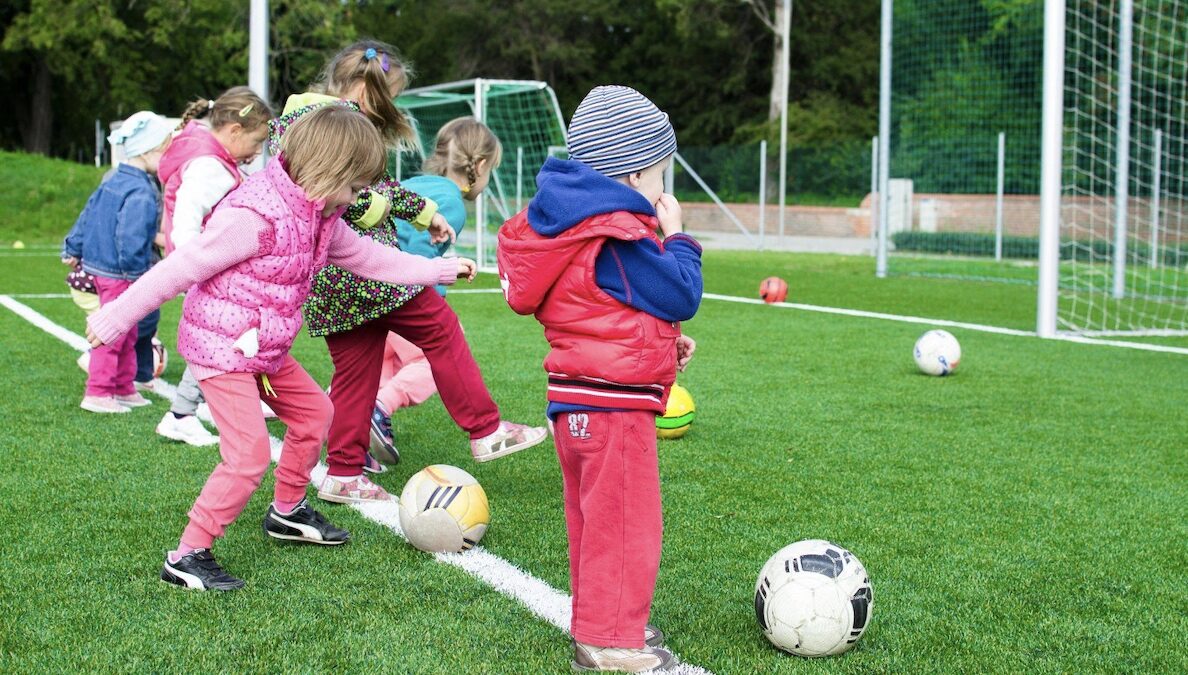The Ottawa Sport Council is revealing a new “Belonging Playbook” intended to promote a more positive recreational sporting experience by breaking down cultural, social and financial barriers.
The program presents 10 tools that any member of a sports organization can access to promote diversity, foster inclusion and remove barriers to participation.
The president of the OSC and former Ottawa city councillor Mathieu Fleury says the resources also aim to raise awareness among local sports communities about strategies to broaden involvement across ethnocultural, linguistic and other lines.
The program helps users access translation services and offers an inclusive language guide, along with funding to remove barriers and advice on how to run an inclusive parent/guardian meeting and more.
The resources are intended to educate sports organizers on accessibility for disabled athletes, for example, and provide anti-racism strategies, understanding of Indigenous issues, gender and sexuality inclusion in sport and more.
The playbook seeks “to establish a more welcoming and inclusive environment for individuals to authentically express themselves and experience sport in a more positive way.”
The resources provided will be available in video and pictorial formats to ensure wide reach.
Fleury noted that local sports clubs are usually led by volunteers. This leaves them more vulnerable to the challenges involved in creating safe sport environments.
Those lines of what is acceptable in a sports environment is not acceptable in society and we need to make sure that the coaches, parents and athletes are aware of their obligation.
Mathieu Fleury, president, Ottawa Sport Council
Fleury said he believes the program will be a valuable resource for local sports organizations as the deal with issues of equity, diversity and inclusion.
“What we are hearing from our board members who are sports engaged is that these are the types of resources that are needed for volunteer-led organizations,” said Fleury. “Those lines of what is acceptable in a sports environment is not acceptable in society and we need to make sure that the coaches, parents and athletes are aware of their obligation.”
While Matthew Schram, manager of the Ottawa Footy Sevens recreational soccer league, said he hadn’t heard about the new resource before being contacted by Capital Current.
“It’s tough to acknowledge the impact of ‘The Belonging Playbook’ when I don’t think anyone has access or it hasn’t been communicated to us as one of the largest organizations in the city.”
Even so, Schram said he believes the funding available through “The Belonging Playbook” should help foster participation in sports for those with financial challenges.
“We try to subsidize or offer free spots as much as possible to youths and adults who are new to Canada or who are short on funds,” Schram said. “To have more resources to bring in these players (with fresh funding) … allows us to bring more in.”
Rodney Moors, director of non-contact football with the Bell Warriors of the National Capital Amateur Football Association, said the new playbook will be up for discussion at the organization’s next meeting.
“The rapid development of flag football in recent years gives NCAFA an excellent opportunity to improve significantly in the areas of diversity and inclusion because of the simplicity of its game,” said Moors. “NCAFA is planning some flag ambassador programs where a trained ambassador visits schools to introduce flag football and try and set up some community sessions.”
Moors added that, “Our main season takes place in May and June, so other than the (ambassador) initiative I mentioned I don’t see much progress this year because registration for most clubs is largely complete.”
Additional content and resources will be added to “The Belonging Playbook” in the coming months, according to the OSC.




